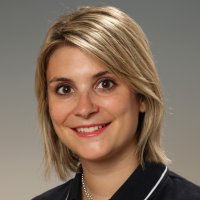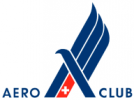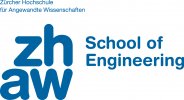Switzerland, unlike other European countries, did not have a national competence center for aviation research until mid-2017. The Swiss aviation sector, though, requires greater innovation if it intends to further improve its efficiency, safety and environmental performance. That’s why the Swiss Federal Council, in its aviation policy report published in 2016, called for the creation of such a center that would work in close cooperation with the aviation industry and public authorities.
The ZHAW School of Engineering’s Center for Aviation (ZAV), the University of St. Gallen’s Center for Aviation Competence (CFAC) and the Chair of Management of Network Industries (MIR) at the Swiss Federal Institute of Technology in Lausanne (EPFL) founded the Aviation Research Center Switzerland (ARCS) on June 30, 2017. The University of Zurich (UZH) joined the organization shortly thereafter, and ARCS today is open to other colleges and universities that are capable of providing scientific contributions.
Switzerland’s Federal Office of Civil Aviation (FOCA) supports the activities and projects undertaken by ARCS and is a guest member of the ARCS Innovation Board.
The ARCS Innovation Board ensures cooperation between academia and industry. It discusses all projects and grants them authorization to proceed. It monitors ongoing research and development projects and evaluates new topics and priorities. The dialogue cultivated by the Innovation Board ensures that research projects enjoy broad support and that their findings get put into actual practice.
ARCS’s objectives are:
- to coordinate aviation research activities at universities and to promote training and continuing education pursuant to the Swiss Federal Council’s aviation policy report (Lupo 2016);
- to plan and execute value-adding research and development projects in close cooperation with the aviation industry and the FOCA with the aim of positioning Switzerland as an important center for aviation research (Lupo 2016);
- to enable participation in international projects such as HORIZON 2020 and Clean Sky 2 as well as in projects with EU partners for the purpose of increasing Switzerland’s attractiveness.
The above objectives are to be pursued in close cooperation with the aviation industry and Switzerland’s Federal Office of Civil Aviation (FOCA) with the aim of strengthening Switzerland’s status as an innovative research site.
Dr. Hans Werder
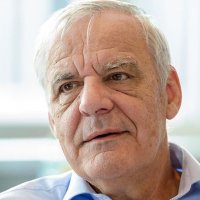
Dr. Andreas Wittmer

Prof. Dr. Michel Guillaume

Prof. Dr. Oliver Ullrich
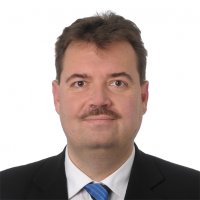
Dr. Robert Giezendanner-Thoben

Prof. Dr. Anthony Patt

| Aero-Club der Schweiz | 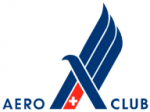
|
Yves Joël Burkhardt, General Secretary | 
|
|
| AEROSUISSE | |
Thomas Hurter, President | 
|
|
| armasuisse W+T | |
Dr. Thomas Rothacher, Director Science and Technology S+T | 
|
|
| CAT Aviation AG | |
Helene Niedhart, CEO | 
|
|
| EuroAirport Basel Mulhouse Freiburg | |
Matthias Suhr, Director | 
|
|
| Flughafen Zürich AG | |
Stefan Tschudin, COO | 
|
|
| Genève Aéroport | 
|
Dr. André Schneider, Directeur général | 
|
|
| Heer | 
|
Andrea Marrazzo, Head of Competence Center Drones and Robotics | 
|
|
| Luftwaffe | 
|
Peter Merz, Commander Airforce | 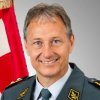
|
|
| RUAG AG | 
|
Bas Gouverneur, Head Innovation & Technology | 
|
|
| Schweizerische Rettungsflugwacht Rega | |
Ernst Kohler, CEO | 
|
|
| skyguide - swiss air navigation services ltd | |
Dr. Goetz Ardey, Chief Development Officer | 
|
|
| swiss aeropole SA | 
|
Dr. Peter Kupferschmied, Executive Chairman | 
|
|
| Swiss Aerospace Cluster | 
|
Roland Hengartner, President | 
|
|
| Swiss International Air Lines Ltd. | |
Ronald Abegglen, Public Affairs | 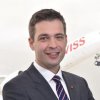
|
|
| Swiss SkyLab Foundation | 
|
Martin Gerber, Foundation Council | 
|
|
| Swissport International AG | |
Andreas Keller, Managing Director Switzerland & France | 
|
Prof. Dr. Michel Guillaume

Lisa Seipel
